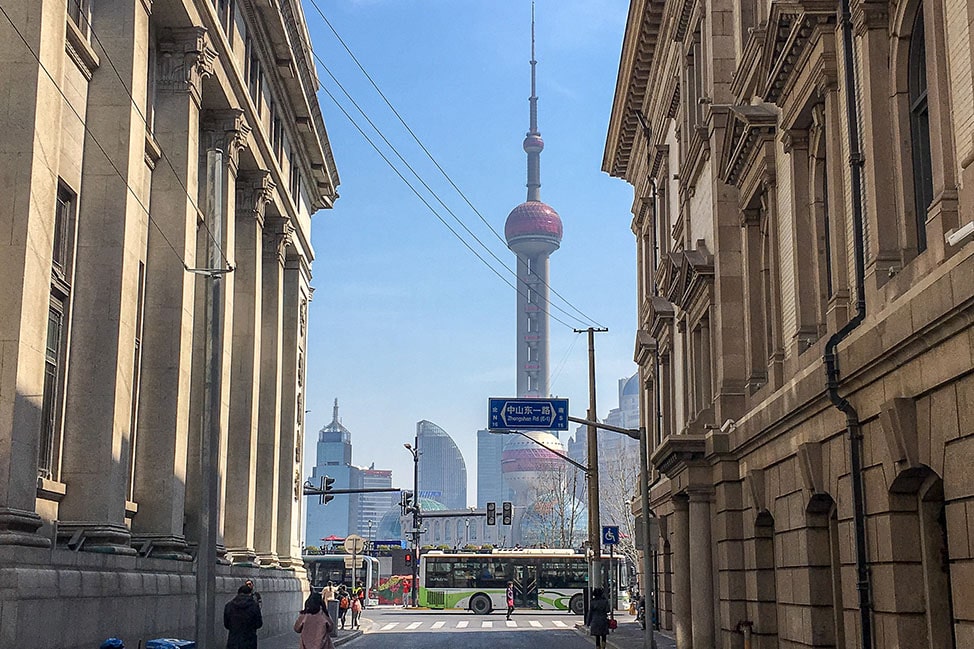Wow. Just, wow. In a blink of an eye, we’ve past our two-year China-versary.
That’s a milestone on so many fronts, and it reminds me once again that ‘the days are long but the years are short.’ There is nothing quite as long as a difficult day in China when life is nothing but complicated and we’re struggling to be understood – literally, metaphorically, philosophically. And then, poof, the sun sets and rises and somehow we’re two years in.
We’ve been talking about how best to sum up two years in China, how to make sense of our experiences in a place that defies all metaphors and analogies. To summarize life in China is to oversimplify, or condescend or get it wrong.
Heck, we’ve been here for two years and we’re still figuring out new things every day. (Last night I finally sucked up the courage to order take-out dumplings from one of the Chinese-only apps. I’m comfortable using said app at work, but at home, with a complicated phone call to describe how to get to our apartment…well, that’s a hurdle I had been avoiding for about a year.)
In an article as disjointed as our complicated thoughts about China, let’s do our best to make sense of it all, shall we?
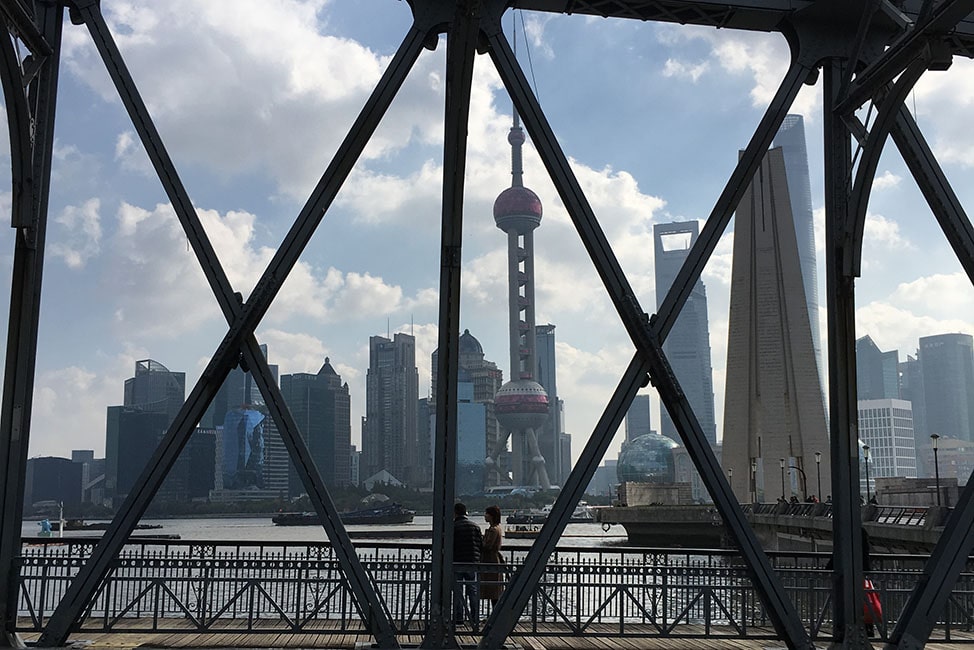
Pace
The pace of construction, destruction, infrastruction (Not a word? It should be…) is absolutely mind-blowingly manic in China. Sure, the noise of the jackhammers and the view of a skyline of cranes becomes normal after a time. But the incredible resources plowed into ‘improvement’ is just so…China. You may know that nearly all of the world’s skyscraper construction happens in China. And that entire cities are built before there are people to fill them. And that connecting the entire country by high-speed train is happening faster here than 50 miles of interstate highway was built in my home state.
We have lived in two cities in China and can already play that game where you say, ‘You know that restaurant that used to be that coffee shop and before that was the great flower shop?’ We’ve lived here long enough to have many, many examples of this. And don’t even get me started on the pace of business here. In the past two years we’ve seen the rise and fall of the ebike industry, as the country has crowned a winner. We have seen a coffee company spring out of nowhere and outpace Starbucks in a matter of a year. We’ve witnessed the increasing insanity around Singles Day (11/11), the country’s most popular shopping day. Last year, online behemoth Alibaba reached $1 billion in sales in a mere 1 minute and 23 seconds on Singles Day.
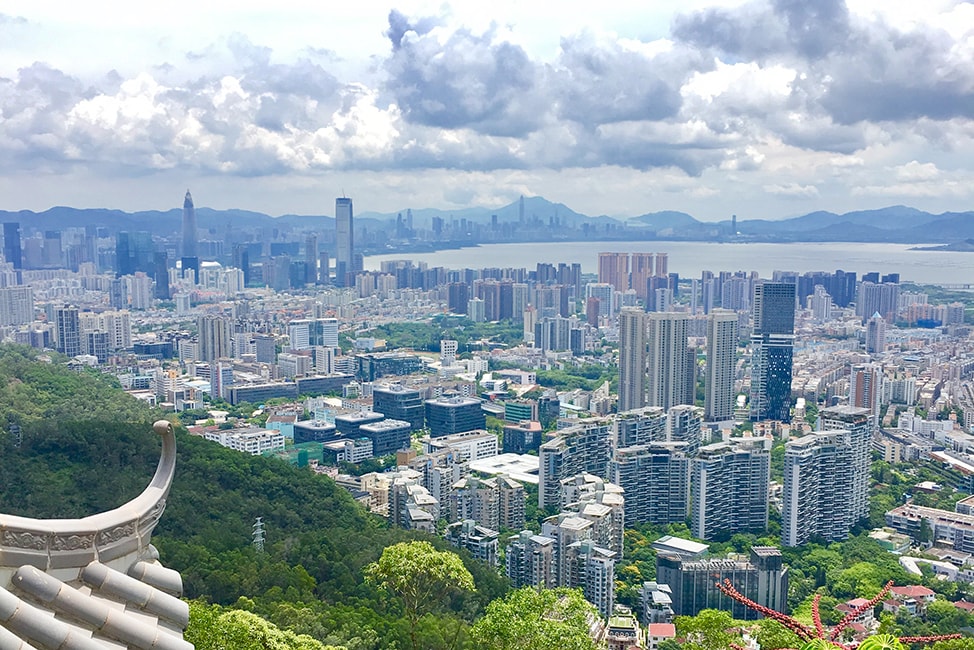
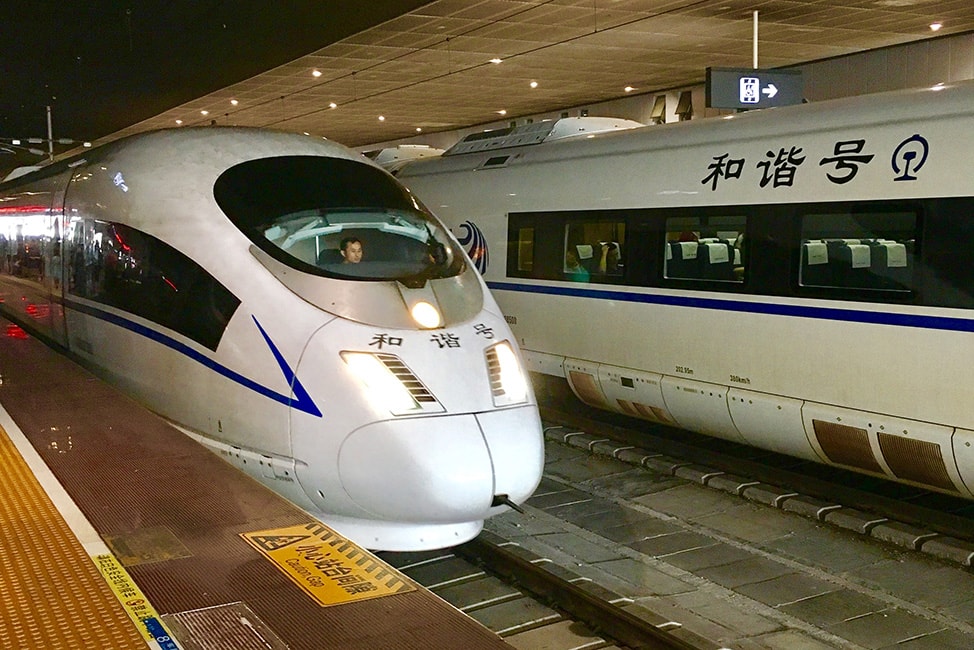
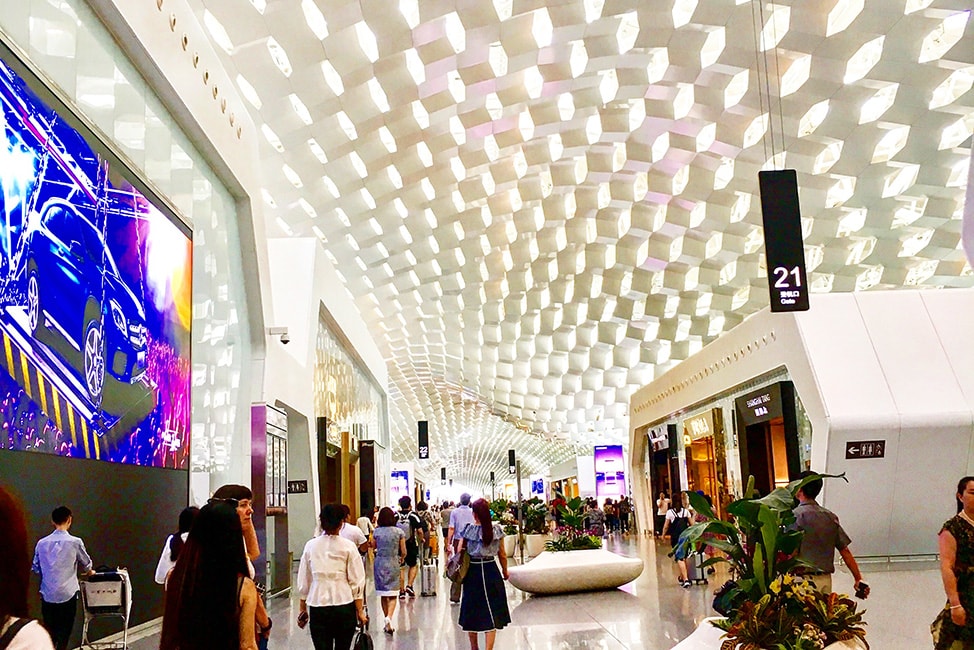
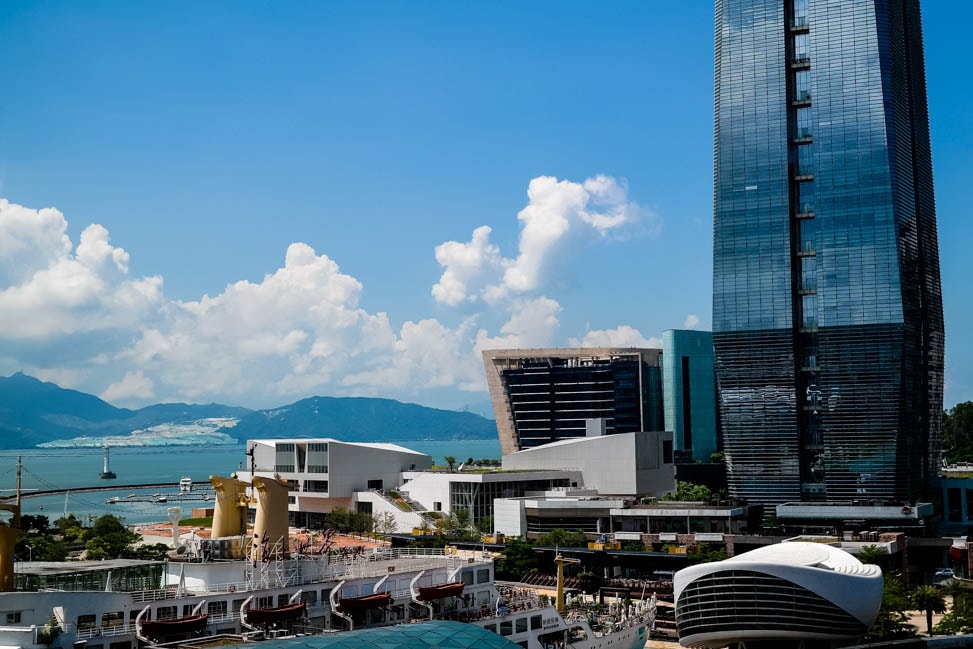
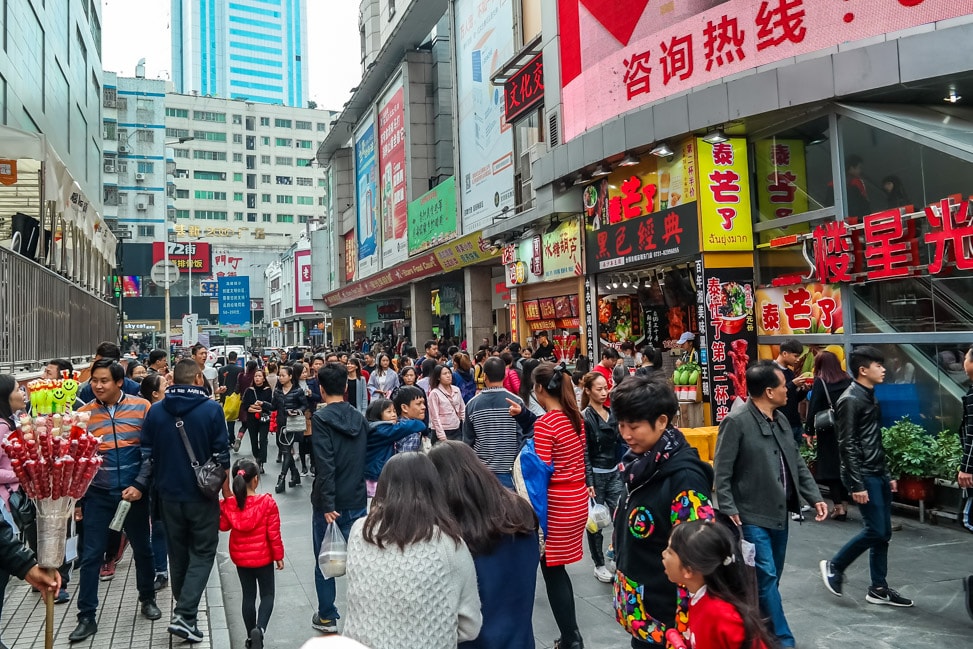
Old vs. New
We’ve lived in two of China’s biggest metropoli (another non-word that should be…), so we have the distinct advantage of seeing everything that is new. New subways, new malls, new ways of paying, new ways of working. Shiny, plastic, modern, sleek. But in many ways, deeper ways, China is very much a developing nation. Traditional family and gender roles are alive and well. Mental health is a topic with very low awareness. LGBTQ issues are hush-hush. Same sex couples can’t actually get visas to work and live in China. Any individual attempt to buck the norm is met with genuine confusion and concern. And not just by grandparents who are ‘stuck in their ways.’
On the outside, China is a shiny ball, perfectly engineered, high achieving, futuristic, financed by Alibaba and Tencent. On the inside, the country bleeds red and gold and traditional values, generations of families under one roof and a deep-rooted distrust of the outside. We’ve seen the glittering high-rises and luxury malls filled with Louis Vuitton and Gucci stores, but we’ve also spent time in the countryside in Anhui and Henan provinces, where basics like plumbing and electricity are luxuries.
It is fascinating. And frustrating. And sometimes beautiful. And sometimes ugly.
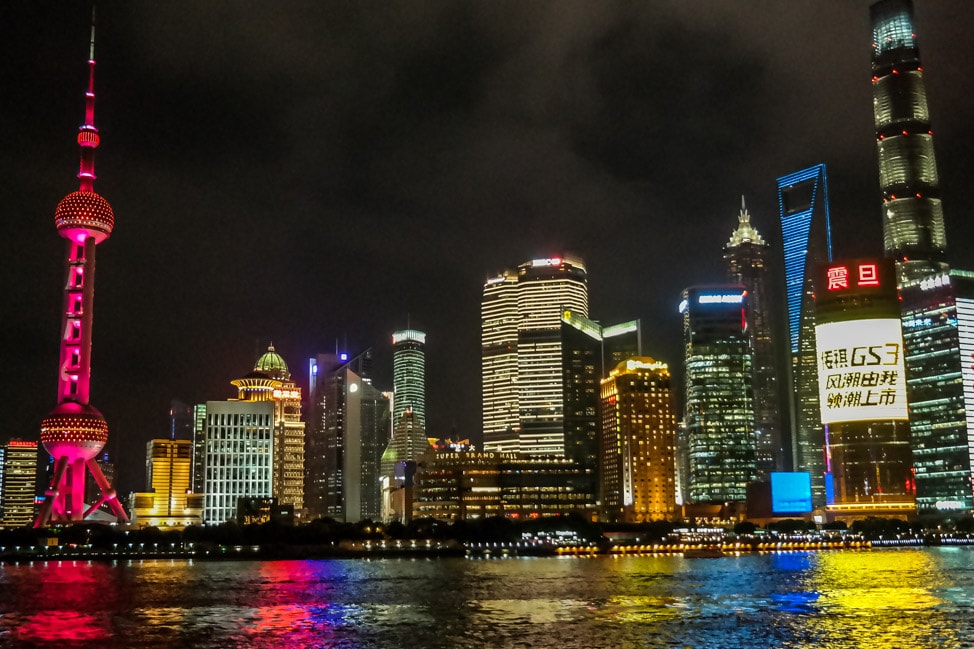
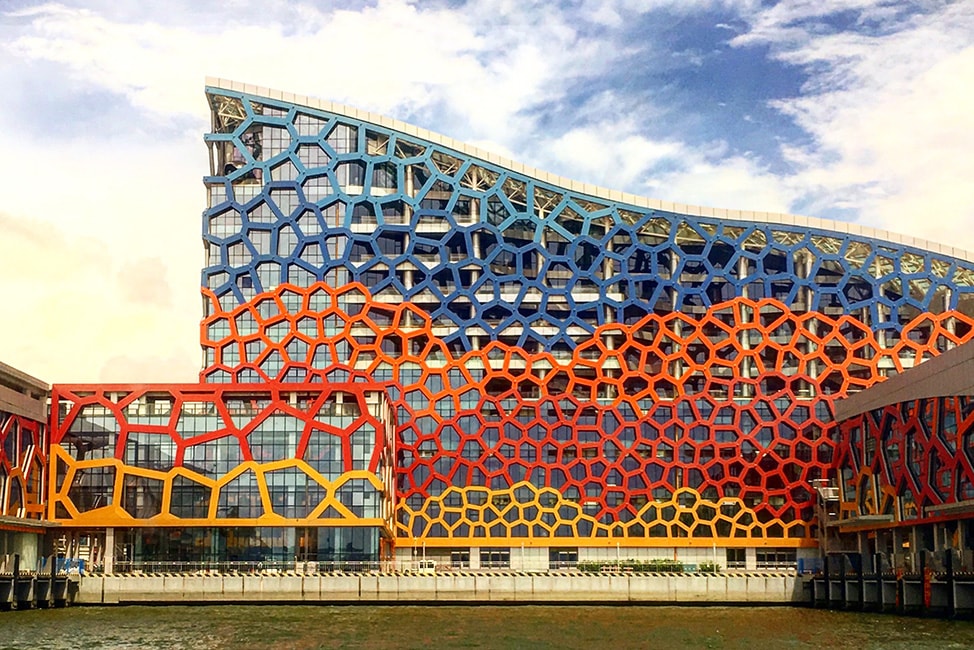
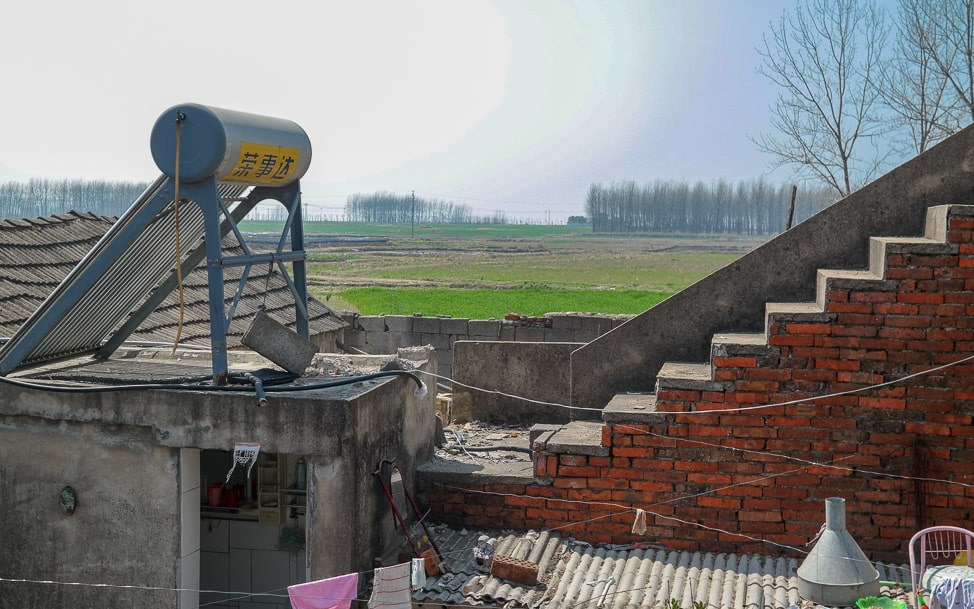

Food
The first thing we’re asked when we meet someone new is, ‘Which type of Chinese food is your favorite?’ Chinese cuisine is as diverse as its provinces. Before you ask, there are no orange chicken or eggrolls, so just take that Chinese takeout menu and chuck it in the garbage. It should be noted that dishes like sweet and sour pork and kung pao chicken do exist in China, but even those dishes are slightly different than your standard American takeout versions.
Our eagerness to try new foods wins us lots of new friends and 关系 (guanxi, good favor) in a country obsessed with food. On the imaginary scale of self-obsessed world cuisines, the Chinese are even more obsessed than the Italians. ‘Did you have fun on your vacation to Europe?’ I’ll ask a colleague. ‘I’m just happy to eat Chinese food again,’ is the inevitable reply. Locals call it having a ‘Chinese stomach’ as they ache for their comfort dishes when away from China for any length of time.
I recently had a colleague visit from the US. Over the week, she probably tried seven or eight forms of dumplings (a Shanghai specialty). At our last team dinner, a Chinese colleague asked her which was her favorite. She said they all tasted kind of the same. The audible shock and horror that registered around the table was quickly shaken off with nervous laughter and people snuck glances at each other, wary of the 老外 (laowai, foreigner) who just blasphemed the critical center of Chinese culture in one sentence.
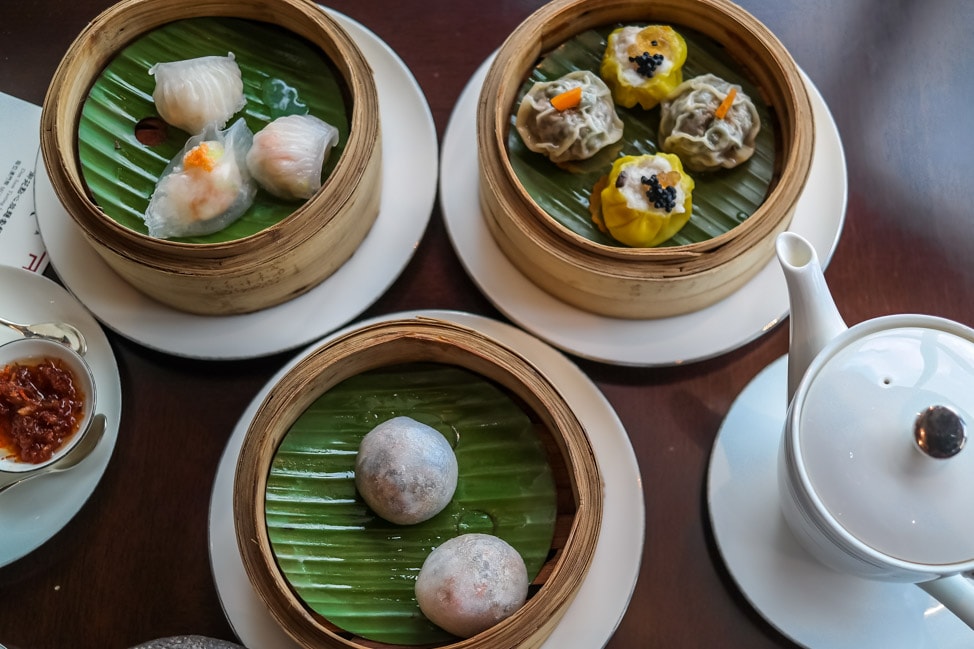

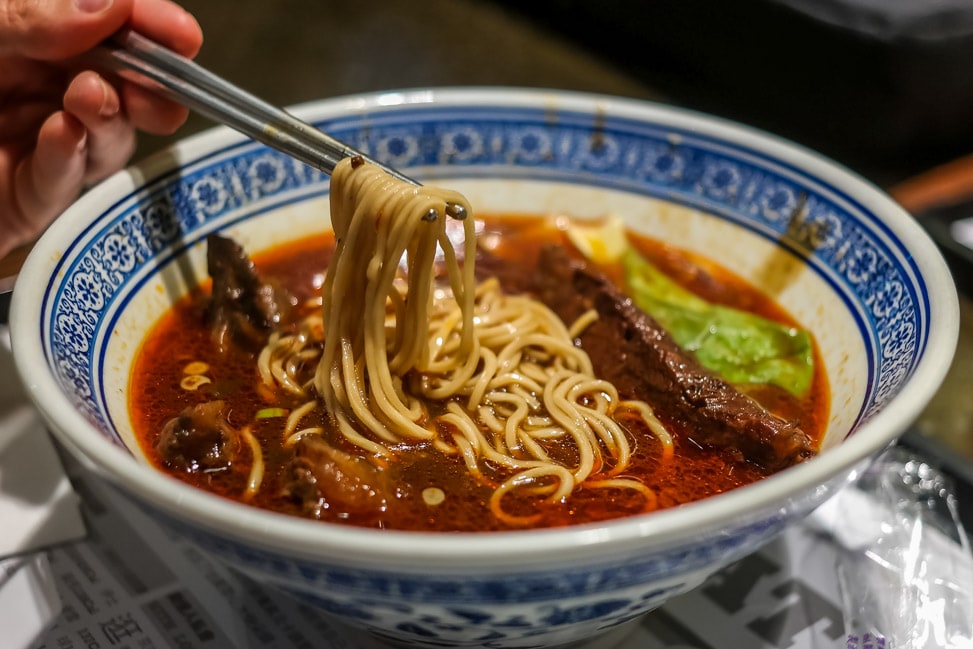
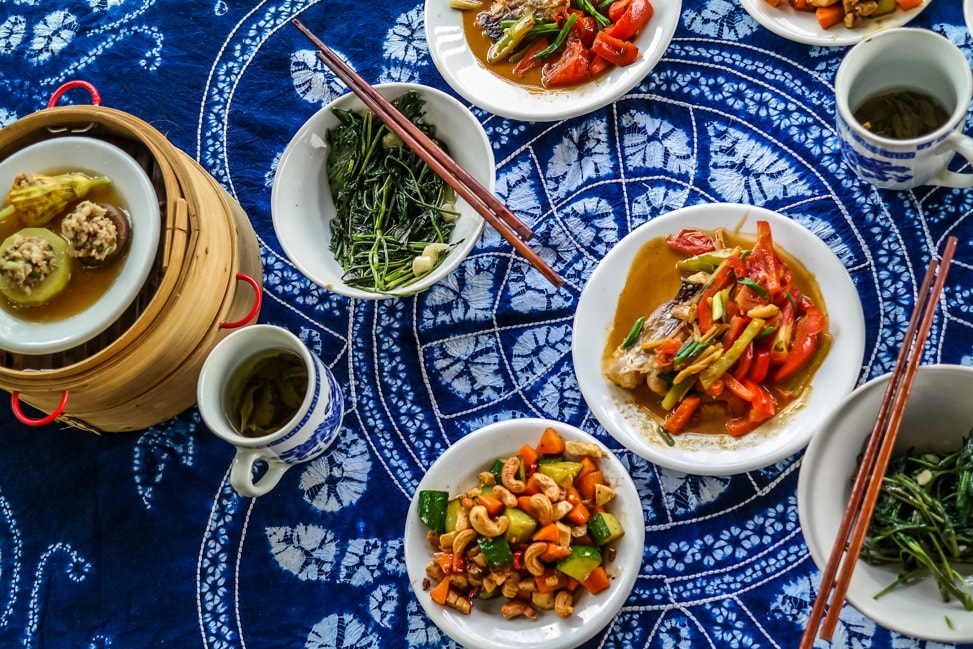
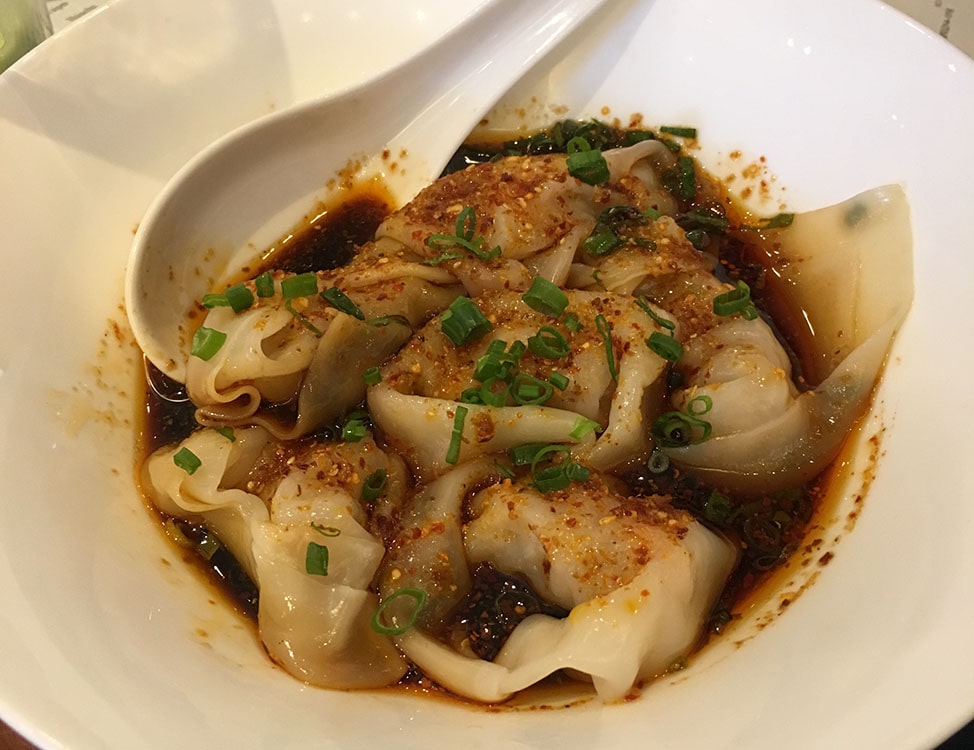
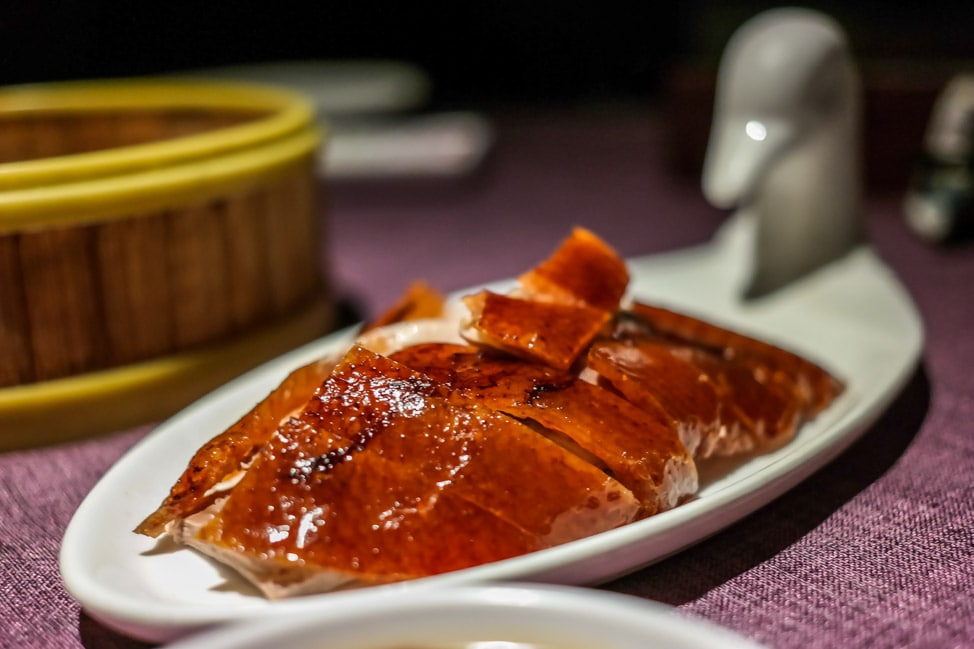
Just Another Day in China
Sometimes we come across people or street scenes that encapsulate life in China perfectly.
We recently saw a family having professional photos taken of their young daughter. The girl, dressed like a princess with pigtails, glared at the camera as her parents and the photographer begged her to smile. An assistant made faces, jumped around. In each of the girl’s small hands were multiple Chanel shopping bags, empty of course. Just a four year old on a luxury shopping spree. Who doesn’t want that framed photo up in their house, gracing the walls for years to come?
In a country that publicly promotes socialist values, the wealth gap in the Tier 1 cities (Shanghai, Shenzhen, Beijing, Guangzhou) is on full display on a daily basis. So much so that a family taking professional photos of their daughter wanted to include Chanel bags in the session to show off their prosperity.
When we turned the corner and entered our lane house, we were met with a different scene.
Our downstairs neighbors run a (probably illegal) mahjong gambling ring in their apartment. The ancient game, played with domino-like tiles, is a favorite of the elderly and the betting is fierce. The background noise of our life is the shuffling of the tiles, the angry banter of players (speaking Shanghainese, the local dialect) at all hours, and the whirring of our air purifier as the clouds of cigarette smoke waft up through the floor.
We walked upstairs past furiously smoking gamblers milling around the apartment, while an ayi (grandmother) cooked lunch on the ancient cooktop. We ducked to avoid their laundry drying in the hallway on wires.
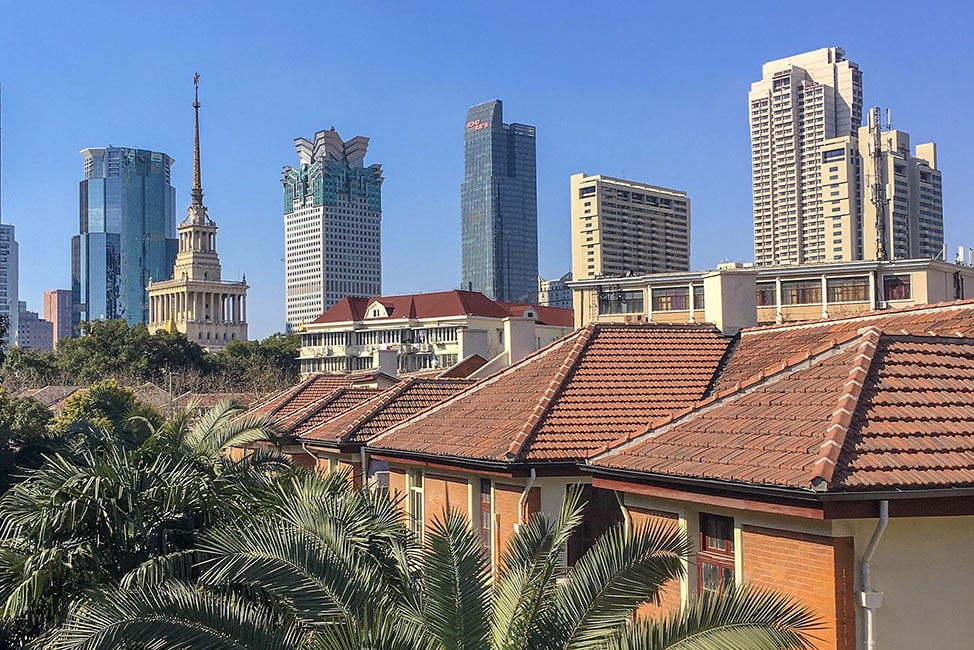
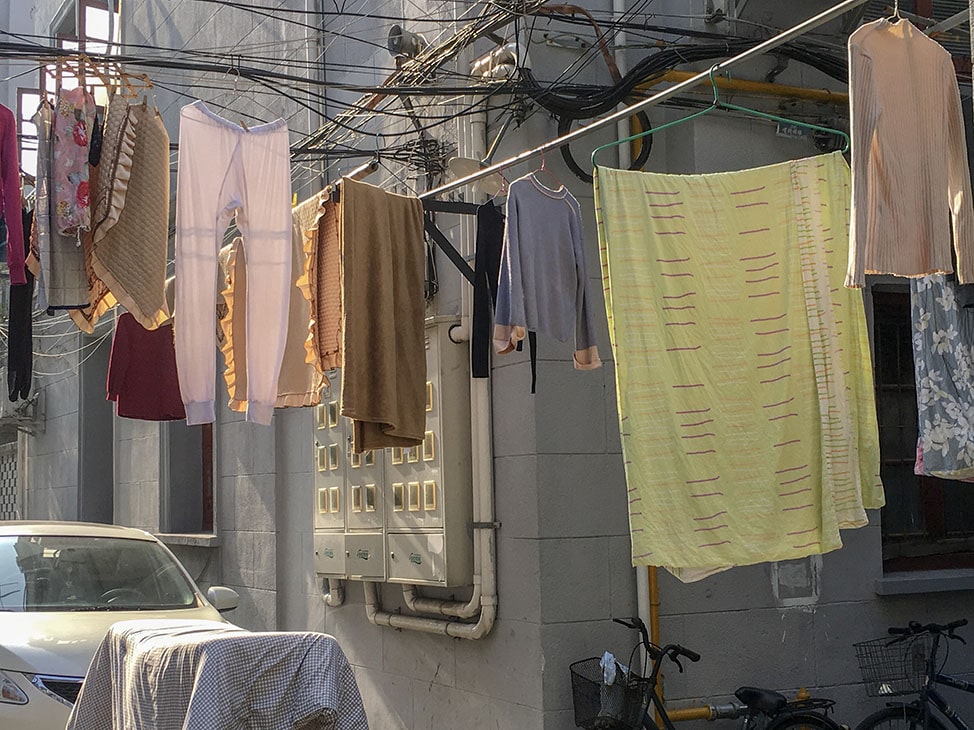
Living in China as Expats
People often ask, “how is China” which might be the most complicated question for us to answer.
China is a riddle, wrapped in a mystery, inside an enigma, to quote Sir Winston Churchill (though he was talking about the Russians). After two years living here, we have a better understanding of the culture and its people, but we are far, far away from cultural fluency. And so we soldier on, diving deeper in to China’s fascinating, engaging, frustrating and unique culture, a little every day.
We’ve written a LOT about life in China. Here’s a sample of some of our faves:
What to Order at McDonald’s — Falling in Love with Shanghai — The Great Wall — One Year in China — Visiting a ‘Traditional’ Chinese Spa — We Loved Yangshuo — Shanghai Disneyland — We’re F1 Fans Now — Heart 2 Heart Visits Anhui Province — Julie’s Infamous Hangzhou Work Trip

